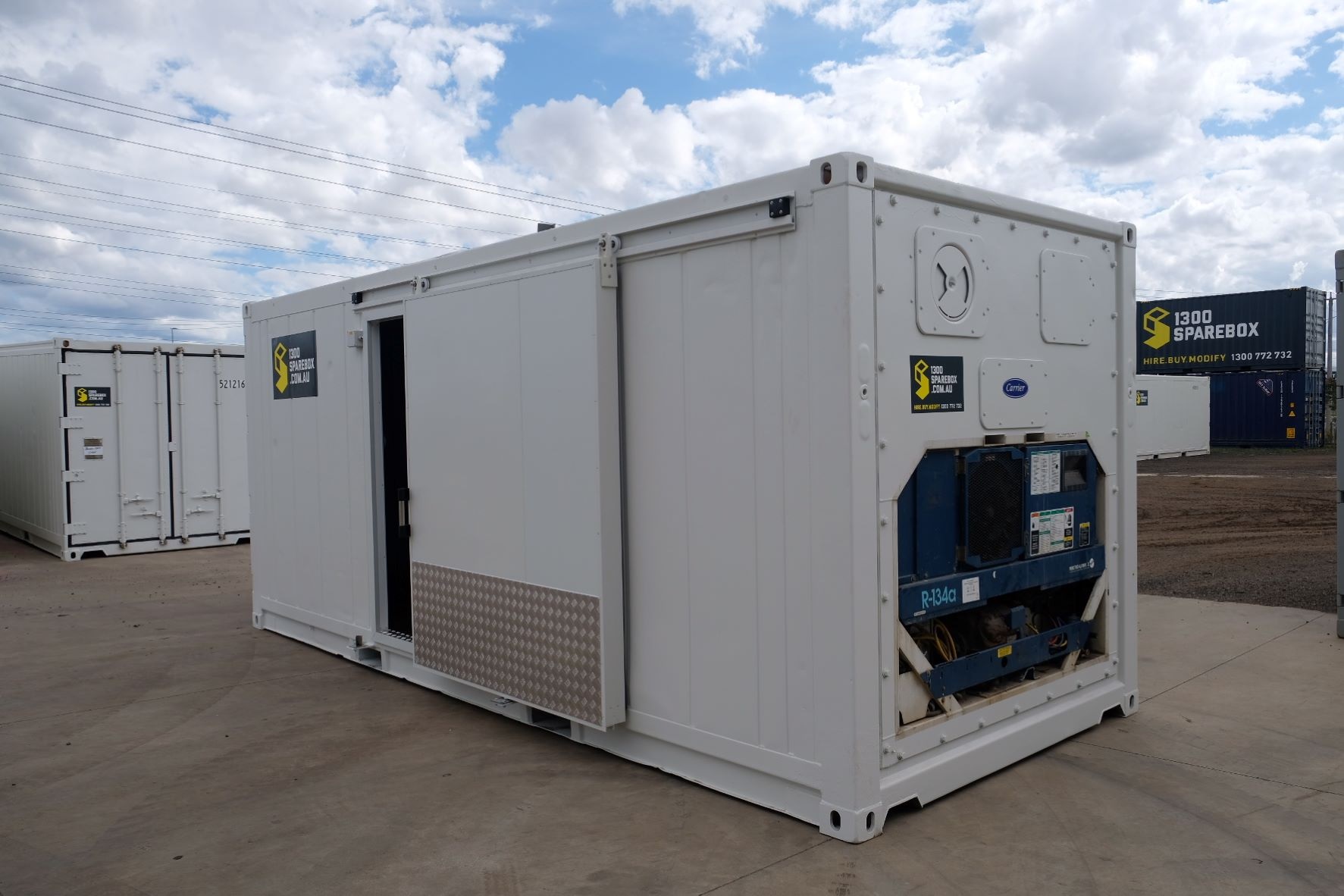In today’s fast-paced global economy, the need for reliable and efficient transportation of temperature-sensitive goods is more critical than ever. From perishable food items to pharmaceuticals and chemicals, maintaining the integrity of these products during transit is essential to ensure their quality and safety. One solution that has revolutionised the cold chain logistics industry is the refrigerated container.
Understanding Refrigerated Containers
Refrigerated containers, often referred to as reefers, are specially designed containers equipped with integrated cooling systems. These containers are capable of maintaining precise temperature control, ensuring that goods remain at the desired temperature throughout their journey. Whether it’s keeping produce fresh or preserving vaccines, refrigerated containers play a vital role in safeguarding the integrity of cargo.
Types of Refrigerated Containers
Refrigerated containers come in various sizes and configurations to accommodate different types of cargo and transportation needs. From small portable units suitable for transporting pharmaceuticals to large-scale containers for shipping bulk food items, there’s a refrigerated container for every application. Additionally, advanced models offer features such as multiple temperature zones and remote monitoring capabilities, providing added flexibility and control.
Advantages of Using Refrigerated Containers
The benefits of using refrigerated containers extend beyond mere temperature control. By maintaining optimal conditions during transit, these containers help prolong the shelf life of perishable goods, reduce food waste, and minimise the risk of spoilage. Moreover, compared to traditional refrigeration methods, refrigerated containers offer cost-effective solutions for businesses, allowing them to transport goods efficiently without compromising on quality.
Applications of Refrigerated Containers
Refrigerated containers find widespread use across various industries, including:
- Food and Beverage: From fresh produce to frozen meats, refrigerated containers ensure that food products reach consumers in pristine condition.
- Pharmaceutical and Healthcare: Temperature-sensitive medications and vaccines require strict temperature control to maintain their efficacy, making refrigerated containers indispensable for pharmaceutical companies and healthcare providers.
- Chemical and Biotech: Certain chemicals and biotech products may degrade or become unstable if exposed to temperature fluctuations, making refrigerated containers essential for safe transportation.
Factors to Consider When Choosing Refrigerated Containers
When selecting a refrigerated container, several factors need to be taken into account:
- Temperature Range: Ensure that the container can maintain the required temperature range for your specific cargo.
- Insulation Quality: High-quality insulation is crucial for preventing temperature fluctuations and maintaining consistent conditions.
- Compatibility: Consider the compatibility of the container with different transportation modes, such as ships, trucks, and rail.
Maintenance and Care of Refrigerated Containers
Proper maintenance is essential to ensure the reliable operation of refrigerated containers. Regular cleaning and sanitisation help prevent contamination, while monitoring temperature and humidity levels allows for early detection of any issues. Additionally, familiarising oneself with common troubleshooting techniques can help address minor problems before they escalate.
Future Trends in Refrigerated Container Technology
The future of refrigerated containers holds exciting possibilities, with advancements in technology driving innovation:
- Temperature Control Systems: Continued development of temperature control systems for greater precision and efficiency.
- Sustainability: Integration of sustainable practices, such as alternative refrigerants and energy-efficient designs, to reduce environmental impact.
- IoT Integration: The incorporation of Internet of Things (IoT) technology for real-time monitoring and data analytics, enhancing visibility and control over the cold chain.
Refrigerated containers represent a cornerstone of modern logistics, enabling the safe and efficient transport of temperature-sensitive goods across the globe. By understanding their capabilities and considerations for selection and maintenance, businesses can leverage refrigerated containers to streamline their operations and deliver quality products to consumers.


